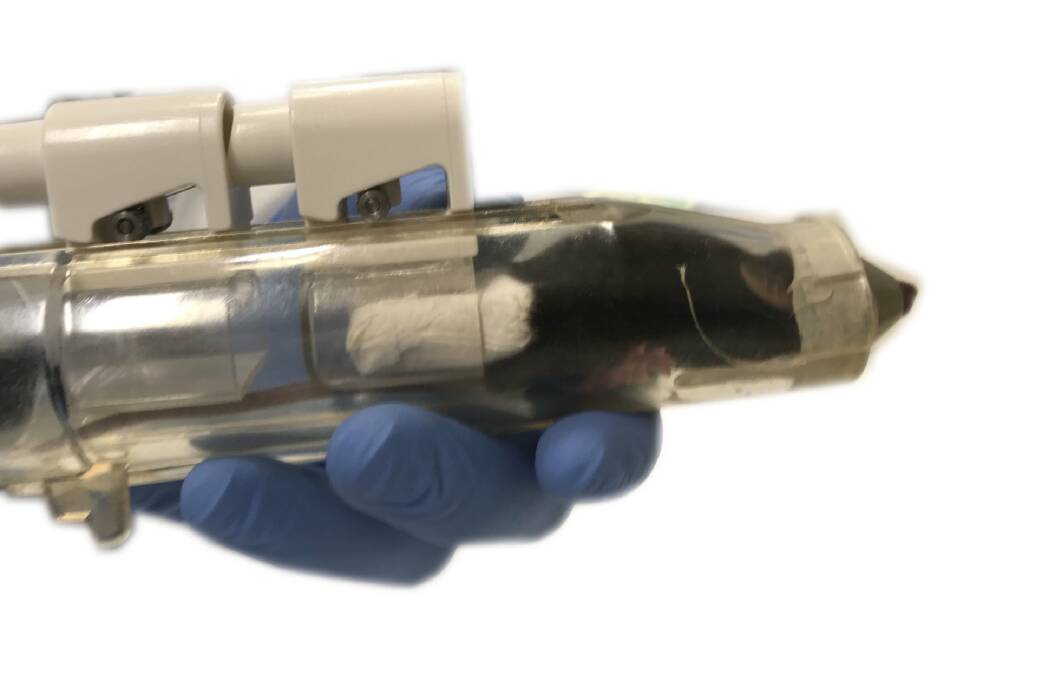
THE ancient Greek code of ethics known as the Hippocratic Oath implores the physician to "do no harm" to the patient.
Until quite recently, the idea of applying the Hippocratic Oath to animals would have been seen by most in the West as entirely inappropriate.
Man, the Bible said, had "dominion over the animals", which were put on Earth, under this mode of thought, for the benefit of humanity.
Such thinking enables the use of specially bred rodents - literally, "lab rats" - which are subjected to various adverse situations before being dissected and studied in the name of advancing science.
Any discomfort over devices such as the rodent smoking tower pictured here were either glossed over or justified on the grounds that there were no viable alternatives.
But times - and the West's more humane attitudes towards other sentient creatures - have changed.
In the Australian political sphere, the Animal Justice Party, inspired by such thought leaders as the expatriate philosopher Peter Singer, are using their status as a "single issue" party to hold our universities and research facilities to account.

In October last year, a report by Humane Research Australia used documents obtained by the NSW upper house to highlight the use of mice in "forced inhalation studies" at the University of Newcastle.
And as Damon Cronshaw reports today, an upper house committee investigating the use of primates and other animals in medical research is scheduled to hand down its own report on Friday.
Appearing before the committee, the university defended the mice smoking studies, but said the research was complete, and the equipment "decommissioned".
RELATED CONTENT:
Newcastle was not the only NSW university conducting such research - in this case to "reproduce" a chronic airways disease in the mice.
The chair of the university's animal care and ethics committee, Dr Paul McCarthy, told the inquiry that the "experiment" would not have been approved had the committee not believed it was "justified".
There is no simple equation to delineate between justified and unjustified experiments on animals.
But we can say that lessening our reliance on such methods may be the best way of keeping them in reserve, for whenever we confront new or "novel" diseases - COVID being an obvious example.
ISSUE: 39,733

WHAT DO YOU THINK? We've made it a whole lot easier for you to have your say. Our new comment platform requires only one log-in to access articles and to join the discussion on the Newcastle Herald website. Find out how to register so you can enjoy civil, friendly and engaging discussions. Sign up for a subscription here.







